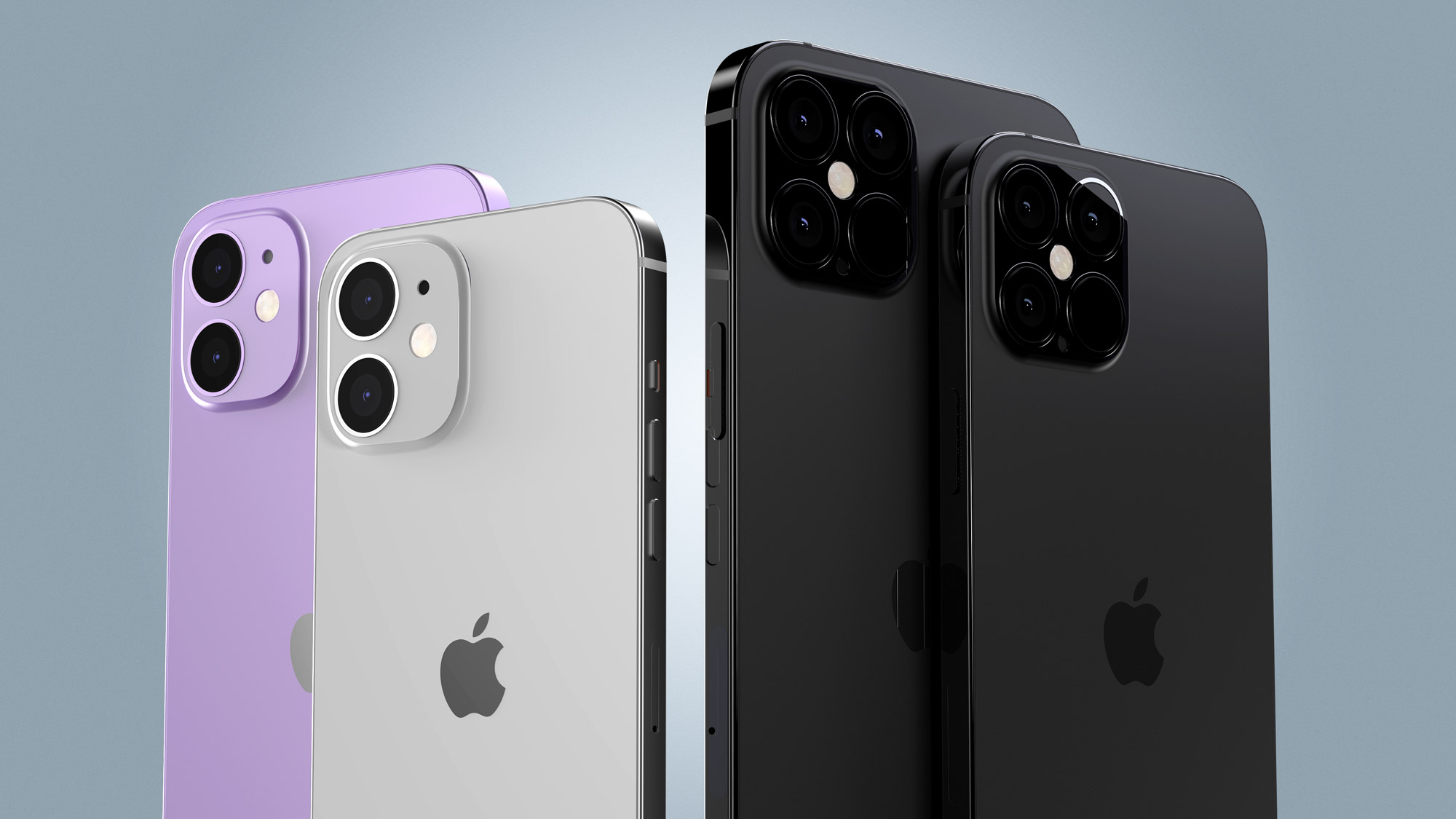iPhone 12 leak just revealed killer upgrade — and it beats all Android phones
The iPhone 12 will reportedly feature 7P camera lenses, leaving Android phones to play catch-up.

While Samsung is boasting about its 108MP camera and powerful 50x zoom in the Galaxy Note 20 Ultra, Apple appears to be going in a different direction with the iPhone 12’s camera.
A new report from Digitimes seems to confirm that Apple is adopting 7P lens modules for the iPhone 12 lineup — which will leave Android phone makers playing catch-up.
- New iPhone 12 release date, price, specs and rumors
- Galaxy S20 FE leak just revealed an iPhone 12 killer
- Just in: How to watch the big Apple Event — and what to expect
The benefit of 7P lenses (7 optical elements) is that it improves image quality by increasing the light transmission rate, according to Wccftech. The current iPhone 11 Pro uses a 5P lens for its ultrawide camera and a 6P lens for its wide and telephoto cameras.
In addition, this new report says that the 6.7-inch iPhone 12 Pro Max will feature a 1/1.9-inch 7P wide-angle lens that supports sensor-shift technology. We first told you about the move to sensor-shift for the iPhone 12 way back in Decmeber, based on another Digitimes report.
Most of today’s cameras feature lens-based stabilization. But sensor-shift stabilization uses gyroscopes to detect motion in every direction and the processor interprets this motion to activate an actuator on the sensor to compensate for it. The result should be unwanted motion on every axis and clearer photos and videos.
Based on previous leaks, the 12MP sensors on the iPhone 12 devices are reportedly getting larger, which should let in more light. And the iPhone 12 Pro models are going to feature LiDAR sensors that should deliver better portraits while also improving auto-focus and low-light performance.
Unfortunately, the iPhone 12 Pros are rumored to feature just 2x or 3x optical zoom, which would be a bummer. But in terms of overall image quality, Apple could vault ahead of the competition.
Get instant access to breaking news, the hottest reviews, great deals and helpful tips.
- iPhone 12 vs iPhone 12 Pro: See the biggest differences now
Mark Spoonauer is the global editor in chief of Tom's Guide and has covered technology for over 20 years. In addition to overseeing the direction of Tom's Guide, Mark specializes in covering all things mobile, having reviewed dozens of smartphones and other gadgets. He has spoken at key industry events and appears regularly on TV to discuss the latest trends, including Cheddar, Fox Business and other outlets. Mark was previously editor in chief of Laptop Mag, and his work has appeared in Wired, Popular Science and Inc. Follow him on Twitter at @mspoonauer.
 Club Benefits
Club Benefits






